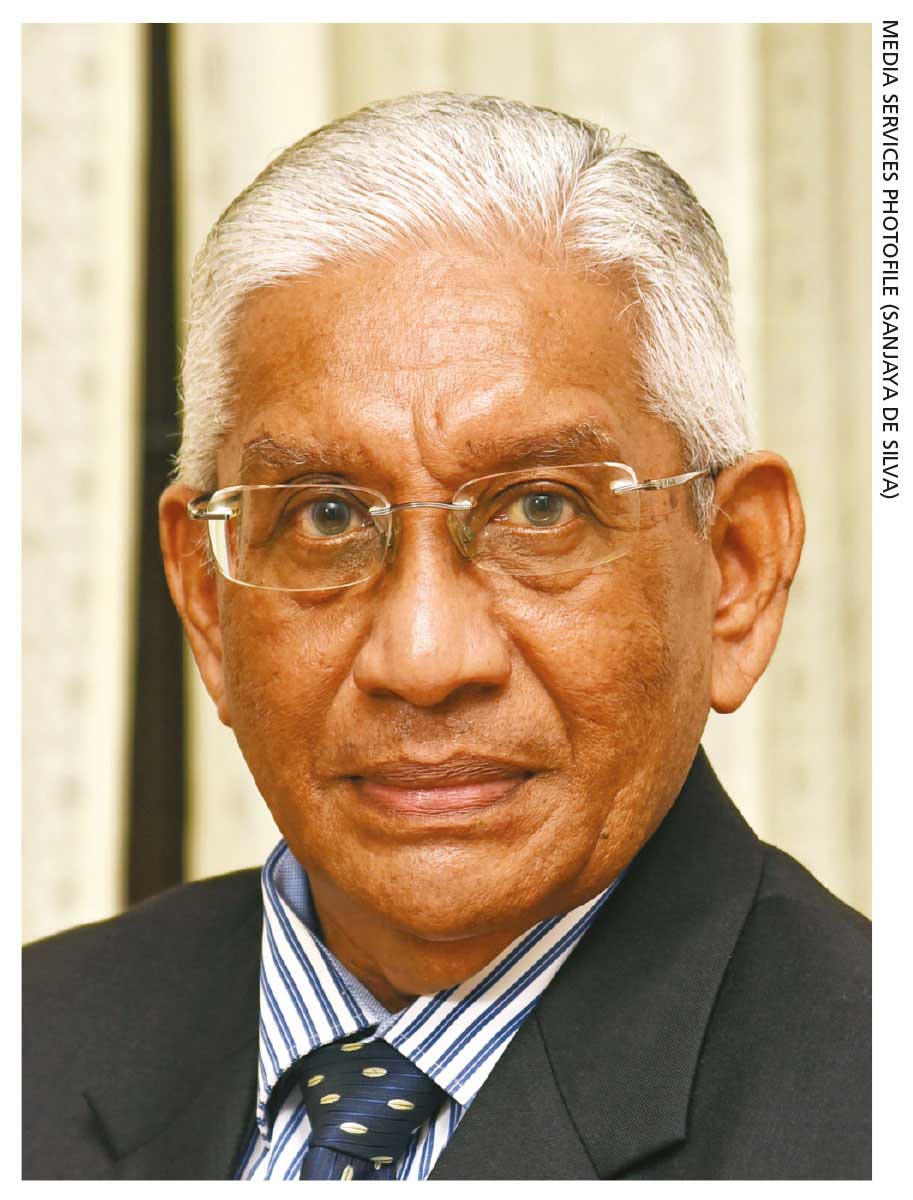PHARMACEUTICAL INDUSTRY
A DOSE OF PHARMA’S FUTURE
Dehan Seneviratne assesses standards in the local pharmaceutical industry
Compiled by Randheer Mallawaarachchi
Q: What competencies should marketers in the pharmaceutical industry master?
 A: We should take the ‘new normal’ context into account.
A: We should take the ‘new normal’ context into account.
Pressure is mounting to respond to new ailments and variants with new products. Manufacturers are compelled to revisit their R&D pipelines and production protocols to speed up manufacturing processes. Value engineering will be essential to reducing production time and costs, and enhancing productivity.
Meanwhile, end-to-end supply chain management encompasses volume and value forecasting, and managing cold chains and lead times.
Critical areas of note entail skills to launch new products from the proper point of submission with regard to dossiers for regulatory approval to market mapping, managing the regulatory environment and compliance, developing communication with healthcare professionals (HCPs) and consumers for OTC products, and acquiring efficient distribution skills and infrastructure.
The ability to win HCPs’ confidence with content marketing to reinforce product claims, and build relationships extending to pharmacists and paramedics, will lead to success. To this end, rigorous training, nurturing professionalism and instilling values of integrity capped by strong leadership are essential.
Q: And what challenges are associated with the industry?
A: In a fiercely competitive scenario, inordinate delays in the approval of product registrations and outdated negative myths regarding combination products that are marketed in many parts of the world deprive the market of quality products.
Additionally, the lack of a national policy creates inconsistency in several areas – viz. tax holidays for local manufacturing, pricing formulae, and a level playing field for the state and private sectors.
A national policy will clearly earmark the expected roles of the state and private sectors, which in turn can encourage collaboration and partnerships.
The provision of free medical care can be suitably shared to foster an environment to strategically focus the flow of investments to less developed areas in the industry.
A major risk that requires attention is the inflow of low quality drugs under the guise of being cheap. Such products will increase consumers’ eventual expenditure as prescribed therapies may be ineffective.
Furthermore, the dearth of qualified pharmacists is a serious drawback when properly dispensing drugs to consumers.
Corruption in procurement procedures may also hinder progress by preventing quality products from entering the market.
Q: Is it safe to use cheaper alternative medicines given that they serve similar roles to expensive brands?
A: A drug’s effectiveness results from raw material quality, maintenance of good manufacturing practice (GMP) standards, modern validated processes, tamper proof packaging, and acceptable storage and transportation conditions.
These factors come with a heavy price. The cost of R&D, professional insights and marketing add considerably to the final price of a drug.
However, large-scale manufacturers are in a position to produce drugs at lower prices following the expiration of patent rights due to economies of scale and not having to incur initial development expenses. These manufacturers’ products are safe to consume given that they’re proven to adhere to GMP standards.
The issue is the lack of knowledge on the part of consumers when deciding on alternatives and dependence on assistance from pharmacists.
Unfortunately, the latter may form certain biases. As such, the manufacturers of established brands bear the responsibility of assuring their effectiveness.
I believe that there is a risk involved in selecting cheaper alternatives.
Q: How do you envision the industry’s future in the next decade or so?
A: The future belongs to the digital world. The industry needs to develop expertise in data management, and keep pace with advancements in science, breakthroughs and new category launches.
The people’s attention to their health and presence of overwhelming choices pose challenges to the medical profession.
Given this scenario, the industry is compelled to update the profession through modern communications by way of digital presentations and targeted content. The propensity to switch from prescriptions to OTC medications can be expected.
Meanwhile, a wellness market that encompasses medicine, surgery, dental care and nutrition may emerge.
Moreover, developing technologies will facilitate diagnosis and intervention with pinpoint accuracy that is beyond treating illnesses to enable wellness.



